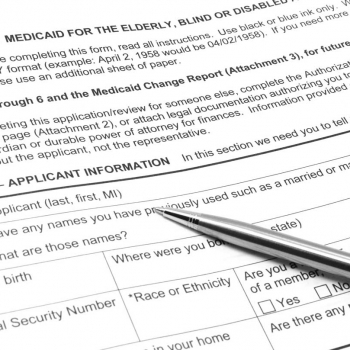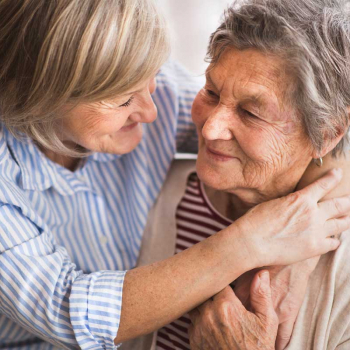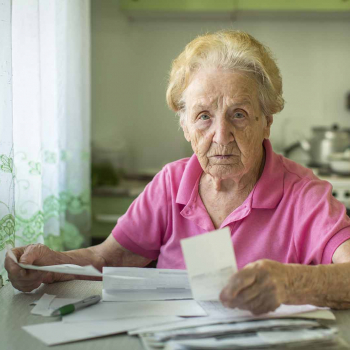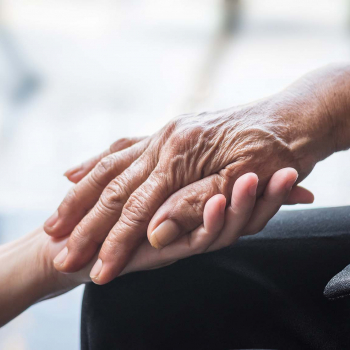Medicare and Medicaid sound alike, but the two programs should not be confused. After age sixty-five everyone automatically qualifies for Medicare. It’s a federal health insurance program. There are deductibles, and monthly premiums are deducted from social security payments. It can pay for hospitalization, doctors, prescriptions, and rehabilitation. It does not pay for long term care. Unless you can qualify for Medicaid (Title 19) you will have to pay for long term care yourself. That can quickly wipe out assets and at nursing home costs can approach $18,000 a month. So how do you qualify for Medicaid?










